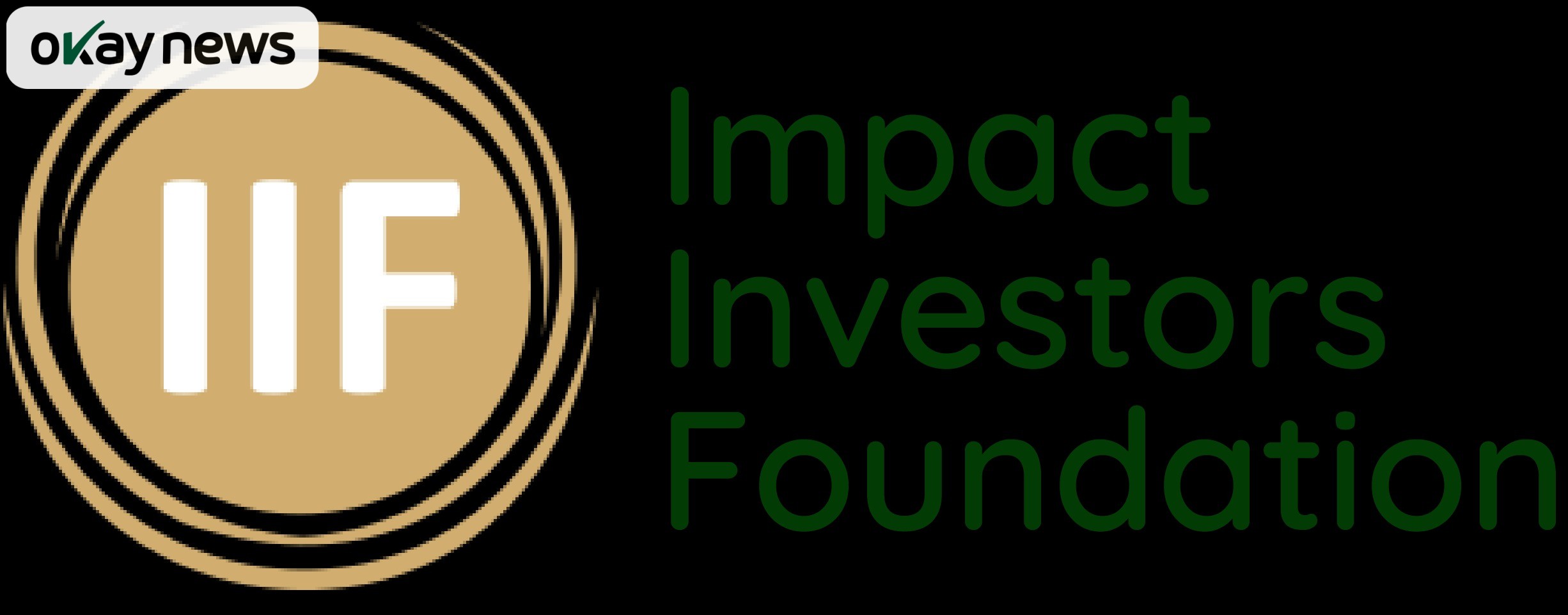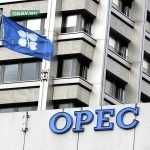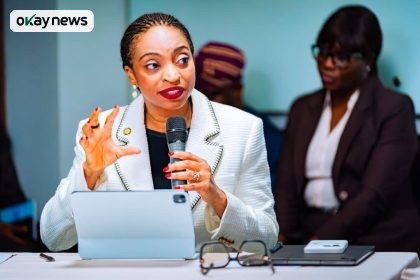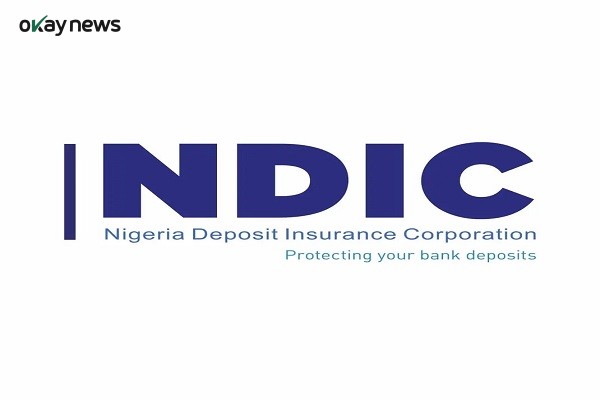Nigeria’s impact investing ecosystem has reached a major milestone, with over ₦1.1 trillion mobilised through development finance institutions and local capital mechanisms, according to the Impact Investors Foundation (IIF).
The announcement was made during the eighth Annual Convening on Impact Investing in Lagos, themed “Strengthening and Scaling the Nigerian Impact Economy.”
The funds have reached more than 700,000 SMEs, signaling growing maturity and coordination in Nigeria’s impact economy. Iffat Mahmud of Innovision Global Africa noted that domestic capital is increasingly working alongside international partners to fund businesses delivering measurable social and environmental outcomes. “Capital providers are no longer waiting for perfect conditions—they’re finding solutions within the system,” she said.
Policy reforms such as pension fund diversification and the sustainable finance framework are building investor confidence, while the rise of local fund managers and naira-based instruments is reducing reliance on foreign exchange. Nigeria now accounts for 15% of Africa’s private capital transactions, positioning it as a regional leader in impact finance.
IIF CEO Etemore Glover highlighted the creation of the Nigerian Wholesale Impact Investment Fund—a $100 million initiative with 50% government backing—as a landmark achievement. She also called for stakeholder support to raise $8 billion over the next decade to unlock inclusive capital for women, youth, and persons with disabilities.
Chairman Frank Aigbogun emphasized the need to grow Nigeria’s informal economy and expand access to catalytic finance. He urged a shift toward mobilising domestic capital, stating, “Support from abroad is welcome, but true sustainability must be locally anchored.”
The convening will conclude with an awards ceremony recognizing businesses and investors driving measurable impact, including the Innocent Chukwuma Award for Social Impact.







